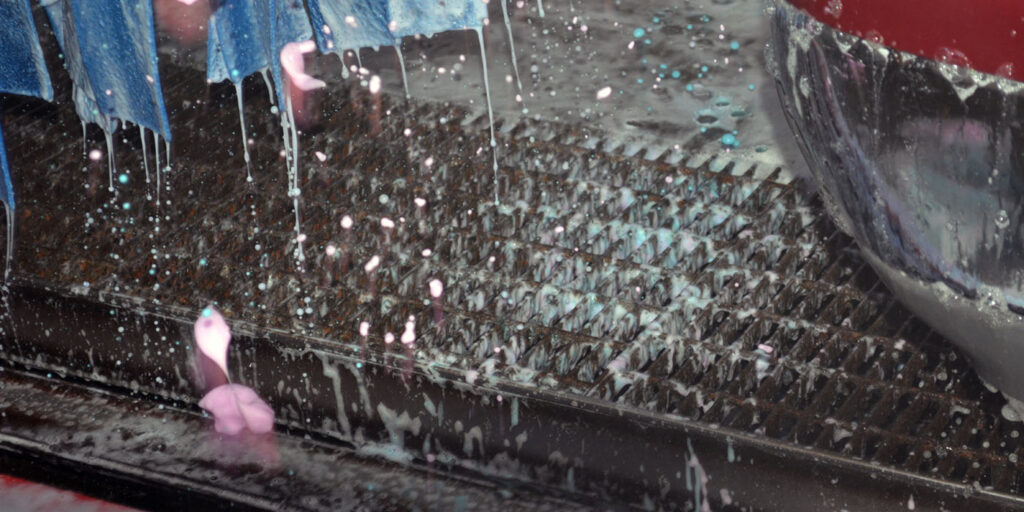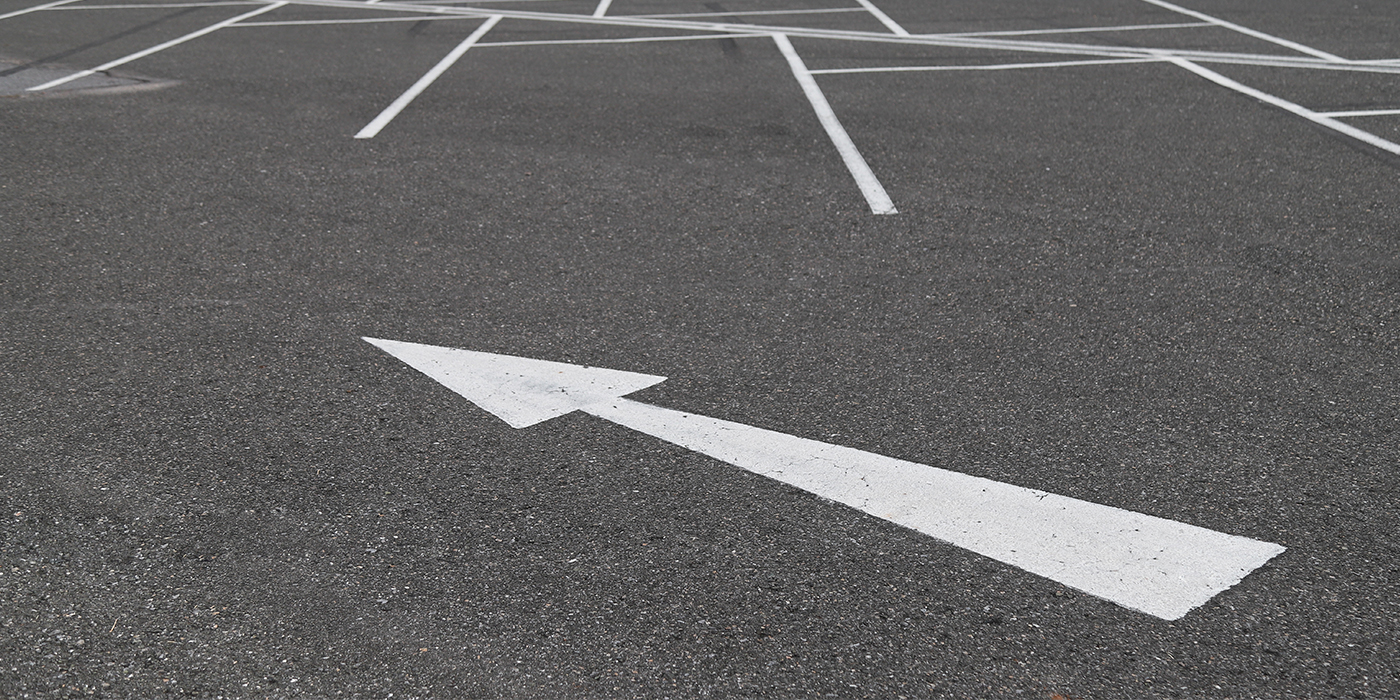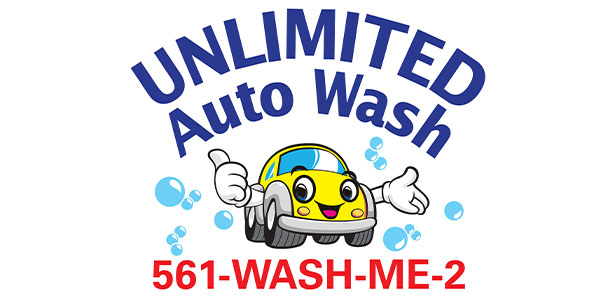Carwashes, automotive service stations, auto body shops and truck stops are regulated by the Environmental Protection Agency (EPA).1
During normal car and truck washing cycles as well as vehicle repair and maintenance, fluids such as chemicals from cleansers and soaps, hot wax, engine oil, transmission fluid, power steering fluid, brake fluid, antifreeze, solvents, degreasers and other dirt, grime and particles drain into floor drains or sinks in service areas. Disposal of these fluids through a motor vehicle waste disposal well may contaminate ground water, so the EPA regulates these wells to prevent ground water contamination in certain areas.
According to the EPA, motor vehicle waste disposal wells are banned nationwide if the well was constructed after April 5, 2000 in ground water protection areas near public water systems that provide ground water used for drinking.
However, some states may waive the ban and issue a permit if certain procedures are followed.
The EPA states that “at a minimum, permits require … [that] waste fluids must meet drinking water standards called Maximum Contaminant Levels (MCLs) at the point of injection. This means that shop wastewater, before it is discharged into the ground, must not exceed any MCL.”
Additionally, the EPA requires that “you implement the best management practices described in your permit to minimize the number of contaminants in your shop wastewater” and “you monitor the wastewater being discharged into the ground and sludge to ensure continued compliance with MCLs, as required by your permit.”
The EPA states that, “If your wastewater does not meet drinking water standards, you have two options: install ‘pretreatment equipment’ that treats the wastewater before it goes to the drain [or] close the well according to the permitting authority’s directions.”
For any station that washes and services motor vehicles, this means installing a wastewater treatment system that effectively separates the contaminants from the water, so it can be legally discharged into motor vehicle waste disposal wells.
However, traditional wastewater treatment systems can be complex, often requiring multiple steps, a variety of chemicals and a considerable amount of labor. Even when the process is supposedly automated, technicians too often must still monitor the equipment in person. This usually requires oversight of mixing and separation, adding of chemicals and other tasks required to keep the process moving. Even then, the water produced can still fall below mandated requirements.
Although paying to have motor vehicle wastewater hauled away is also an option, it is extraordinarily expensive. In contrast, it is much more cost-effective to treat the wastewater at its source, so treated effluent can go into a motor vehicle waste disposal well. As an alternative, if necessary, with sufficient treatment and accommodation, it could also potentially go into a sewer, and if treated sludge passes a Toxicity Characteristics Leaching Procedure (TCLP) test, it could be disposed of as non-hazardous waste in a local landfill.
Fortunately, complying with EPA and local wastewater regulation has become much easier with more fully automated, wastewater treatment systems. Such systems not only reliably meet regulatory wastewater requirements but also significantly reduce the cost of treatment, labor and disposal when the proper separating agents are also used.
Cost-effective, automated wastewater treatment
In contrast to labor-intensive multiple step processes, automated wastewater treatment can help to streamline production — usually with a one-step process — while lowering costs at motor vehicle service facilities.
An automated wastewater treatment system can eliminate the need to monitor equipment in person while complying with EPA and locally-mandated requirements. Such automated systems separate suspended solids, emulsified oil and heavy metals, and they encapsulate the contaminants, producing an easily de-waterable sludge in minutes.
The water is typically then separated using a de-watering table or bag filters before it is discharged into motor vehicle waste disposal wells or, potentially, sewer systems. Other options for de-watering include using a filter press or rotary drum vacuum. The resulting solids are non-leachable and are considered non-hazardous, so they will pass all required testing.
Related: Searching for the right water reclaim system
These systems are available as manual batch processors, semi-automatic and automatic, and they can be designed to provide a legally dischargeable effluent suitable for the sewer system. A new, fully customized system is not always required. In many cases, it can be faster and more cost-effective to add to or modify a facility’s current wastewater treatment systems when feasible.
However, because every wastewater stream is unique to its industry and application, each wastewater treatment solution must be suited to or specifically tailored to the application.
The first step in evaluating the potential cost savings and effectiveness of a new system is to sample the wastewater to determine its chemical makeup, followed by a full review of EPA and local water authority requirements.
The volume of wastewater that will be treated is also analyzed to determine if a batch unit or flow-through system is required. Other considerations include the size restrictions, so that the system fits within the facility’s available footprint.
Separating agents
Despite all the advances in automating wastewater treatment equipment any such system requires effective separating agents which agglomerate with the solids in the wastewater so the solids can be safely and effectively separated out.
Because of the importance of separating agents for wastewater treatment, some carwash wastewater treatment specialists use a special type of bentonite clay in a line of wastewater treatment chemicals. This line of wastewater treatment chemicals is formulated to break oil and water emulsion, provide heavy metals removal and promote flocculation, agglomeration and suspended solids removal.
Bentonite has a large, specific surface area with a net negative charge that makes it a particularly effective adsorbent and ion exchange for wastewater treatment applications to remove heavy metals, organic pollutants, nutrients, etc. As such, bentonite is essential to effectively encapsulate the materials. This can usually be achieved in one-step treatment, which lowers process and disposal costs.
In contrast, polymer-based products do not encapsulate the toxins, so systems that use that type of separating agent are more prone to having waste products leach back out over time or upon further agitation.
In the case of a motor vehicle dealer with six locations in New York and Connecticut, a wastewater treatment system using a bentonite-based formulation was required for wastewater created by vehicle washdowns. The wastewater contained oil, grease, suspended solids, heavy metals and cleaning agents.
For the application, the wastewater treatment specialist supplied a 10-gallon per minute unit, which included a 24-bag filter tank, a single-stage bag filter housing, final polishing vessels and an 850-gallon storage tank for water reuse. The system also has Human-Machine Interface (HMI) capabilities that allow remote monitoring and adjustment of the equipment as needed. The system provides reliable, one-step wastewater treatment and legally dischargeable or reusable effluent.
Today’s automated systems, along with the most effective separating agents, can provide carwashes and service shops with an easy, cost-effective alternative, so that they remain compliant with the EPA and local ordinances. Although there is a cost to these systems, they do not require much attention and can easily be more economical than paying fines or hauling.
Sal Boutureira is the president of Sabo Industrial Corp., located in Orange County, New York. Boutureira has been in the wastewater treatment industry since 1992. He believes that every place, every waste stream is unique and is passionate about finding the best, customized solution for each problem. For more information, call (845) 562-5751, fax (845) 562-5909, email [email protected], visit www.saboindustrial.com, or write to Sabo Industrial at 2 Little Britain Road Newburgh, New York 12550.
Source:












